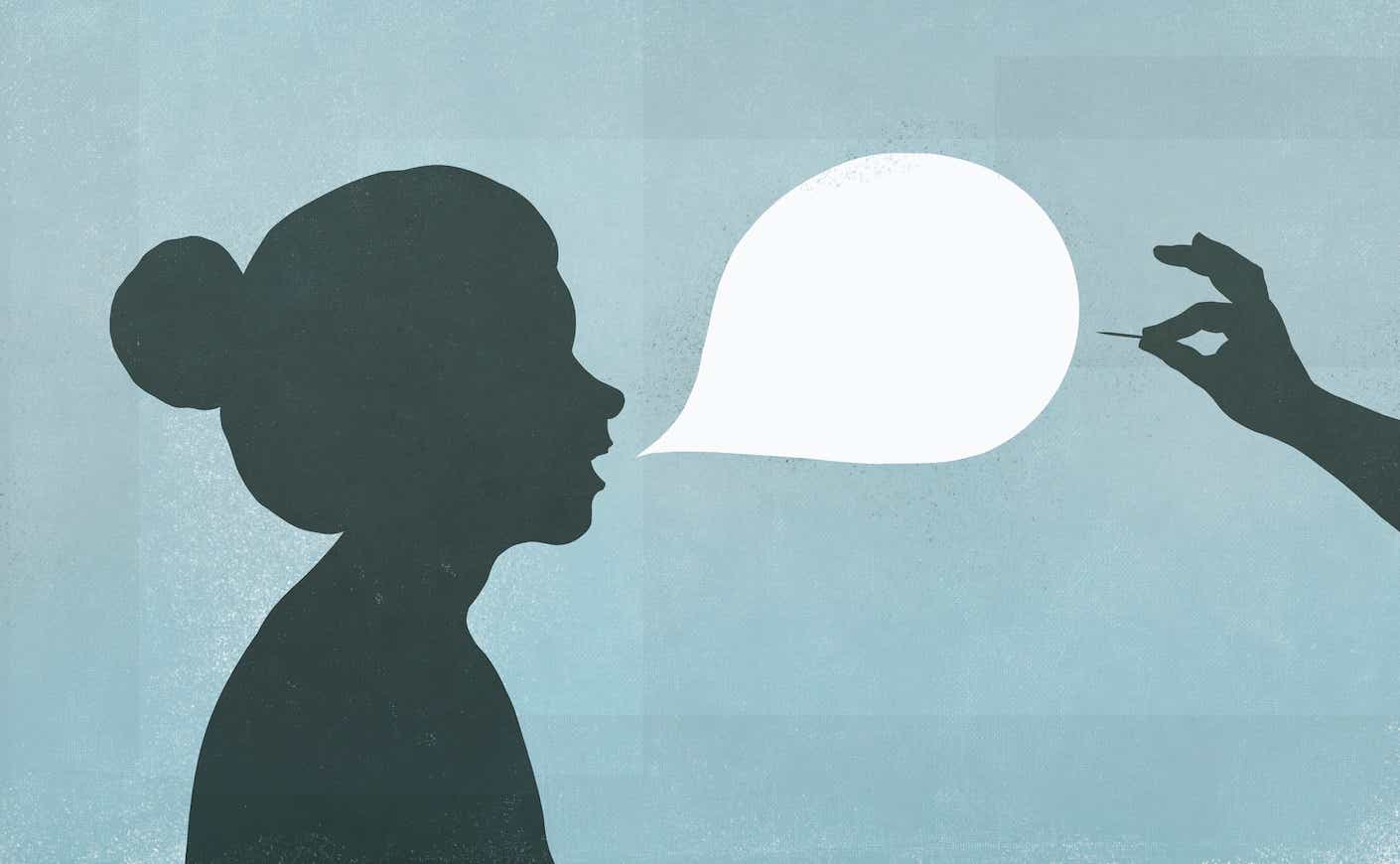Cancer can be hard to talk about. With at least 17 million cancer survivors in the U.S. — a group expected to grow to more than 22 million by the end of the decade — chances are you either know someone, or are someone whose life has been upended by cancer.
Whether a friend or loved one has just been diagnosed, is going through treatment, or is now in remission, you may feel unsure about how to acknowledge the elephant in the room and offer your support when a cancer survivor most needs it. We all want to say more than just “I’m sorry,” but it can be tough to determine how to go deeper without saying the wrong thing.
To figure out how to best navigate these difficult conversations, we gathered some expert advice and spoke to a cancer survivor about her own experience. We discovered great strategies for approach those conversations without being hurtful or insensitive, and provided some tips for respecting important boundaries.
No one controls the outcome
When she was diagnosed with stage IV cancer at age 35, Kate Bowler found that people were quick to say, “It’s all going to be OK” or predict a miracle cure. But Bowler, an associate professor of American religious history at Duke Divinity School who hosts the podcast Everything Happens, says other people’s certainty did not make her feel better.
For Bowler, those kinds of comments, though meant to be encouraging, had the opposite effect. “It's the hopes of those that love you that break your heart,” she says. “Because it's happening to me, though, I'm in it. I'm the noun in that sentence, but I had no control over anything.”
A “break” from cancer is welcome — and necessary
Bowler, who also authored and wrote the bestselling memoir No Cure for Being Human, says people would often ask for a “full report” on her cancer, which she'd feel obliged to provide, even at times when she didn't want to talk about it. She says she feared losing support from people if she didn't share the details they asked for, but that became exhausting. “One of the primary reasons people tell me that they stop engaging in a community that they're in is they can't repeat the story that many times,” she says.
What helps? Bowler says open-ended statements, such as “I imagine this has been a really rough week,” give survivors the chance to talk about their cancer if they want to. Making statements rather than asking for information also offers survivors the opportunity to steer the conversation in a different direction to discuss happier or mundane events in other people’s lives.
“Nobody wants to just be isolated in ‘cancer world’ when you know everyone else is in the land of the living,” Bowler says. “Give them an off ramp if they want it. That, to me, is the greatest gift.”
Don’t say “at least…”
While it’s always tempting to look for a silver lining, cancer survivors don’t find that type of framing helpful, experts say. That means steering clear of statements like, ”At least they caught it early,” or “At least it's the good kind of cancer,” or “At least you're at a great hospital.” It’s essential to provide the space for survivors to be sad and to talk about uncomfortable topics or feelings.
Bowler says being overly positive may make survivors reluctant to speak candidly. “Positivity becomes toxic when it prevents us from being able to speak honestly about our circumstance,” Bowler said in a recent conversation on her podcast with Katie Couric.
It’s also best to avoid being a “teacher,” Bowler says, and keep things you’ve read about or other people’s cancer experiences to yourself, especially if it’s a worst case scenario. “When you're worried about dying, other people layering their experience on top of yours was something I rarely found helpful,” she says.
Remember that cancer is a lifelong journey
It’s important to know that anxiety about cancer coming back is a reality for many survivors, even if they are deemed “cancer free.” Research shows that as many as 70 percent of survivors report moderate to high levels of fear about cancer recurrences. Those worries can be triggered by follow-up appointments or news of a cancer diagnosis in a family member or friend.
Other key issues cancer survivors often deal with are body image and sexual health after surgery or treatment. From losing all or part of a breast following a mastectomy to hair loss during chemotherapy to lost fertility, it’s important to recognize the gravity of these changes in appearance and give survivors room to grieve and talk about them if they want to.
Keep showing up
What else is helpful? Don’t ask what you can do, because answering that question can feel like a burden for a cancer survivor. Instead, employ a “just do it” strategy. Cook a meal, offer to help out with specific errands or find other ways to show up in their life, and show you're on their team.
“Send anything adorable or quirky,” Bowler says. “Put a note on your calendar for six months from now to remind yourself to send a funny card.” And of course, “Just show up."









